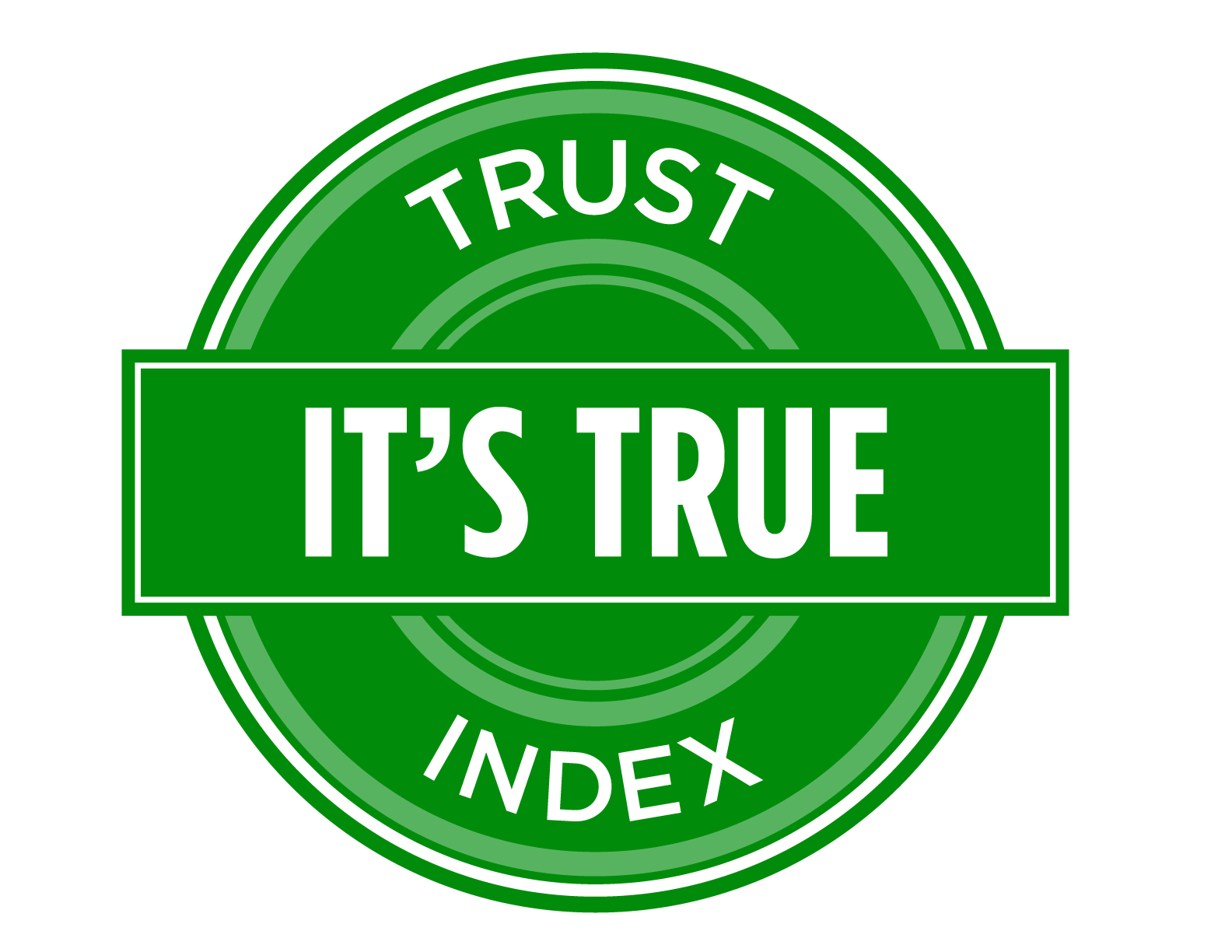SAN ANTONIO – Can vitamin deficiencies make you more susceptible to COVID-19 and worsen your symptoms if you get it?
That’s something KSAT viewers have asked, with many people saying they saw the information circulating online.
So we ran it through our KSAT Trust Index, asking two local medical experts.
Dr. Ruth Berggren, from the UT Health San Antonio Long School of Medicine, and Dr. Jason Bowling, a University Health System hospital epidemiologist, both had the same answer: any major vitamin deficiency puts your immune system at risk.
“Vitamin D deficiency, which can cause osteoporosis and skeletal fractures, it does impact the immune system. Most adults fortunately have good vitamin D levels,” Dr. Bowling said.
He explained that an actual deficiency is caused by old age, a poor diet, or an underlying health problem.
“That doesn’t mean someone should go and start gobbling vitamin D. You can overdose on vitamin D. You should follow guidelines. If you are someone who has a primary care doctor and they’ve checked your vitamin D level and found you are actually deficient in vitamin D, then your doctor may actually prescribe for you a high dose,” Dr. Berggren said.
Same thing goes for vitamin A, which Dr. Berggren said helps you produce antibodies in your nose and mouth, places where a virus like COVID-19 can enter your body.
“Vitamin A also can be bad for you if you take too much of it,” Dr. Berggren said. “But getting a reasonable FDA recommended amount of vitamin A in your diet every day, preferably from natural sources like orange and yellow vegetables, squash, carrots.”

We’ve reviewed information surrounding this topic and confirmed that It’s True.
Then there are lots of questions about vitamin C, which is known to create molecules that help you fight off a virus.
"There is no evidence that taking high doses of vitamin C protects you against respiratory infection, so it's important that you're eating a balanced diet," Dr. Bowling said.
Dr. Berggren said another supplement worth mentioning is zinc, which is being studied right now in connection with COVID-19.
"It's important for the enzymes that fight viruses and it also may help prevent the virus from entering into a human cell. So again, don't overdose on it but you can take a safe amount of zinc, from what you can buy over the counter," she said.
So in terms of vitamin deficiencies affecting a person's outcome with COVID-19, that's true.
But don’t overdo it. If you take any of these vitamins, take an approved amount, and try to get as much as possible through the food you eat.
If you have a claim, video or picture you’d like KSAT to check out, submit it to the KSAT Trust Index website.
RELATED:
Are CDC guidelines on reopening schools as stringent as blogs claim?
KSAT Trust Index: Do San Antonio hospitals have enough personal protective equipment?
Trust Index: Despite what you see on Facebook, H-E-B is not imposing age limits in its stores
Trust Index: Can disinfectant injections and sunlight kill coronavirus? President Trump is curious




